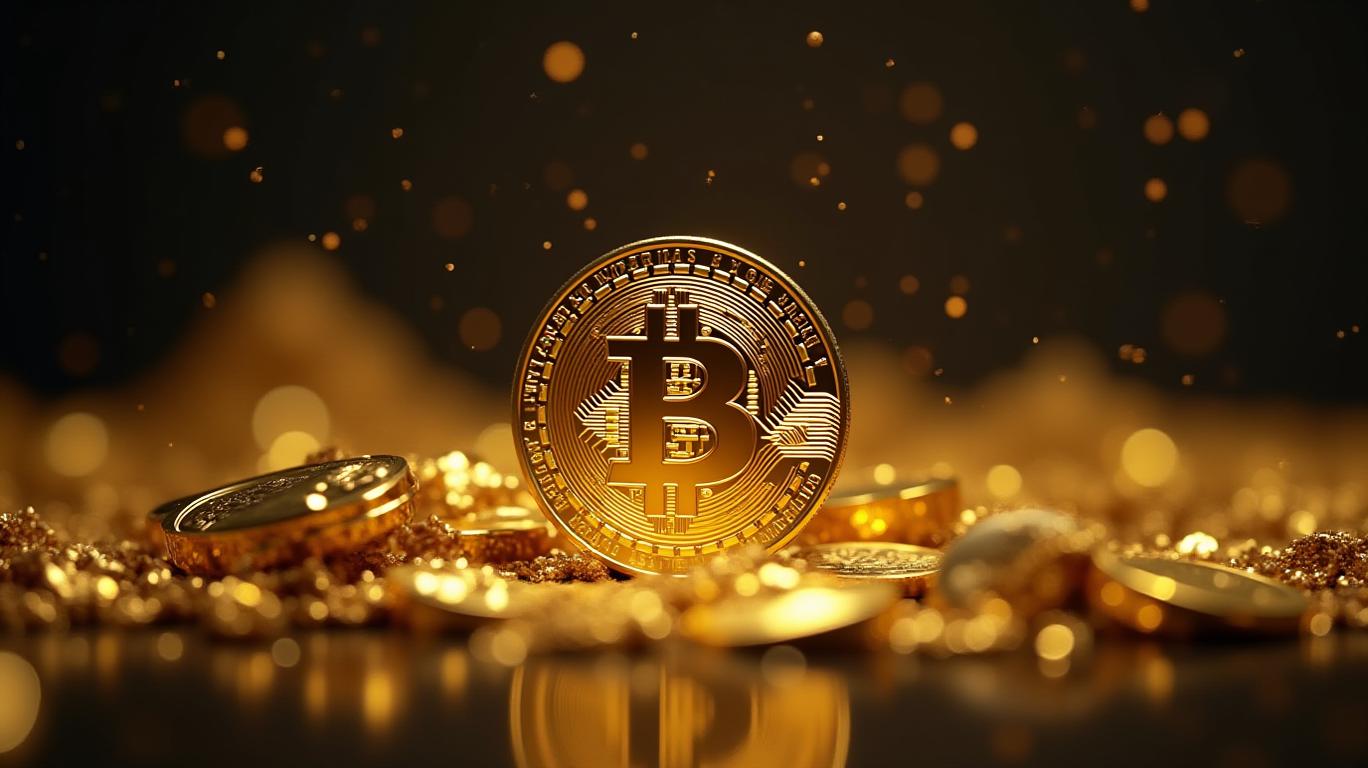Bitcoin's Instant Access Outshines Physical Gold's Challenges
As gold prices continue to rise, many Bitcoin enthusiasts are exploring ways to gain exposure to the precious metal, but they face several challenges. Physical goldGOLD--, available in forms such as jewelry, bars, and coins, raises concerns about quality, liquidityLQDT--, and the premiums paid above spot prices. Industry executives highlight the difficulties in verifying the purity of gold and the additional costs associated with transportation, storage, and resale.
In contrast, gold advocates argue that purchasing gold is more straightforward than acquiring Bitcoin. They point to the complexities involved in storing private keys and the steep learning curve for new crypto investors. Both Bitcoin and gold can be accessed through tokenized assets, exchange-traded funds (ETFs), and other equity instruments, but owning these assets in physical form reveals significant differences.
Ross Shemeliak, co-founder of the tokenization platform Stobox, emphasizes that buying Bitcoin is significantly easier and faster than purchasing physical gold. He notes Bitcoin’s instant and 24/7 availability, eliminating the need for vaults and additional costs like transportation, storage, verification, and resale. Adam Lowe, chief of product at the self-custody firm CompoSecureCMPO--, agrees that buying physical gold presents numerous challenges and extra costs. Lowe highlights the difficulty in maintaining the quality and purity of gold, as investors must rely on the reputation of dealers and the supply chain. He also points out the liquidity issues, as selling physical gold often requires finding a buyer and accepting a discount relative to the market price per ounce. Shemeliak adds that retail investors in physical gold face widened spreads, often having to buy at a premium above the market price.
Traditional finance investors and analysts, however, are not as enthusiastic about Bitcoin’s self-custody opportunities. Rafi Farber, publisher of the gold-focused marketplace service End Game Investor, argues that while Bitcoin can be easy to buy if everything is set up, it is very difficult for those who are not already familiar with the process. Farber, a prominent Bitcoin critic, highlights the challenges of self-custody, which requires holders to safely store their private keys to avoid losing access to their coins. He describes the process as complex, involving remembering or securely storing a string of random words and copying gibberish codes. Farber’s concerns are supported by Trezor, a leading self-custody wallet provider, which acknowledges that usability remains a key issue for self-custodial wallets. Some providers offer simplified self-custody options, but holding a private key is seen as the only way to truly own a cryptocurrency, which comes with its own costs and learning curve.
Farber suggests that physical gold is very easy to buy through options like coins or jewelry shops. However, Shemeliak counters that without verified origin, proper assay, secure storage, and a liquid resale market, purchasing gold in such forms is more akin to buying a souvenir rather than a serious store of value. Shemeliak argues that digital assets like Bitcoin or tokenized gold offer transparency, liquidity, and verifiability. He does not see Bitcoin and gold as direct competitors, stating that gold will always have historical value, while Bitcoin is building financial infrastructure for the next 100 years.

Quickly understand the history and background of various well-known coins
Latest Articles
Stay ahead of the market.
Get curated U.S. market news, insights and key dates delivered to your inbox.

Comments
No comments yet